What so proudly we hailed at the twilight's last gleaming?
Whose broad stripes and bright stars, thru the perilous fight,
O'er the ramparts we watched, were so gallantly streaming?
And the rockets' red glare, the bombs bursting in air,
Gave proof through the night that our flag was still there.
O say, does that star-spangled banner yet wave
O'er the land of the free and the home of the brave?
On the shore dimly seen through the mists of the deep,
Where the foe's haughty host in dread silence reposes,
What is that which the breeze, o'er the towering steep,
As it fitfully blows, half conceals, half discloses?
Now it catches the gleam of the morning's first beam,
In full glory reflected, now shines on the stream:
Tis the star-spangled banner: O, long may it wave
O'er the land of the free and the home of the brave!
And where is that band who so vauntingly swore
That the havoc of war and the battle's confusion
A home and a country should leave us no more?
Their blood has washed out their foul footsteps' pollution.
No refuge could save the hireling and slave
From the terror of flight or the gloom of the grave:
And the star-spangled banner in triumph doth wave
O'er the land of the free and the home of the brave.
O, thus be it ever when freemen shall stand,
Between their loved home and the war's desolation!
Blest with victory and peace, may the heav'n-rescued land
Praise the Power that hath made and preserved us a nation!
Then conquer we must, when our cause. it is just,
And this be our motto: "In God is our trust"
And the star-spangled banner in triumph shall wave
O'er the land of the free and the home of the brave!
-----
DURING the War of 1812 between the United States and England the British fleet, under Admiral Sir George Cockborn, on September 13, 1814, began the bombardment of Fort McHenry, which was situated two miles above Baltimore. The English forces had captured several Americans at a place called Marlborough and were detaining them, although some were civilians. A gentleman of Baltimore, Francis Scott Key by name, set out with a flag of truce to try to secure the release of one of these civilians, who was a friend of his. He reached the mouth of the Patuxent when he was captured. The British feared to let him return to Baltimore lest he should disclose their plans for taking the city, and so Key was brought up Chesapeake Bay and put on board the admiral's flag-ship.
The English officers on the ship were confident that Fort McHenry would surrender and Baltimore be easily captured, and Key had to listen to their predictions and watch the bombardment all day. The American flag was still flying from the fort when night prevented his watching it longer. The bombardment continued all night, but at dawn on September 14th Key saw that the flag still bade defiance to the fleet. At a white-heat of emotion Key then and there wrote the lines of "The Star-Spangled Banner," one of the most stirring of all American songs.
The first copy of the song was written on the British flag-ship while the guns were thundering. As soon as he was released Key hurried back to Baltimore and there corrected what he had written. He then took it to a printer, who struck it off as a broadside, or poem printed on a large sheet of paper. As soon as it appeared it created enthusiasm and sprang into quick fame. The air to which it was sung was selected from a volume of music for the flute, and was called "Anacreon in Heaven," an English glee composed by Samuel Arnold. This air had already been used for the American patriotic song called "Adams and Liberty." It suited the words of Key's poem well, and soon became inseparably connected with the "Star-Spangled Banner."





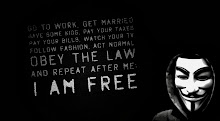





















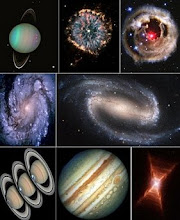



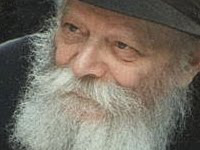
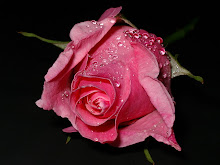
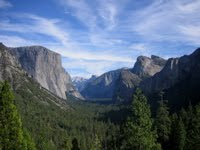

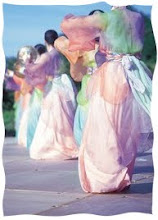
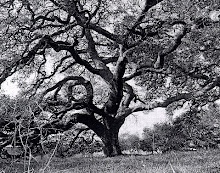



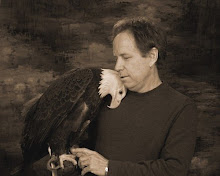
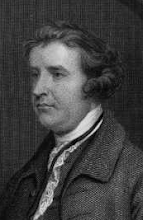

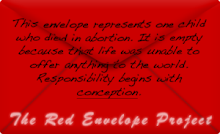

No comments:
Post a Comment